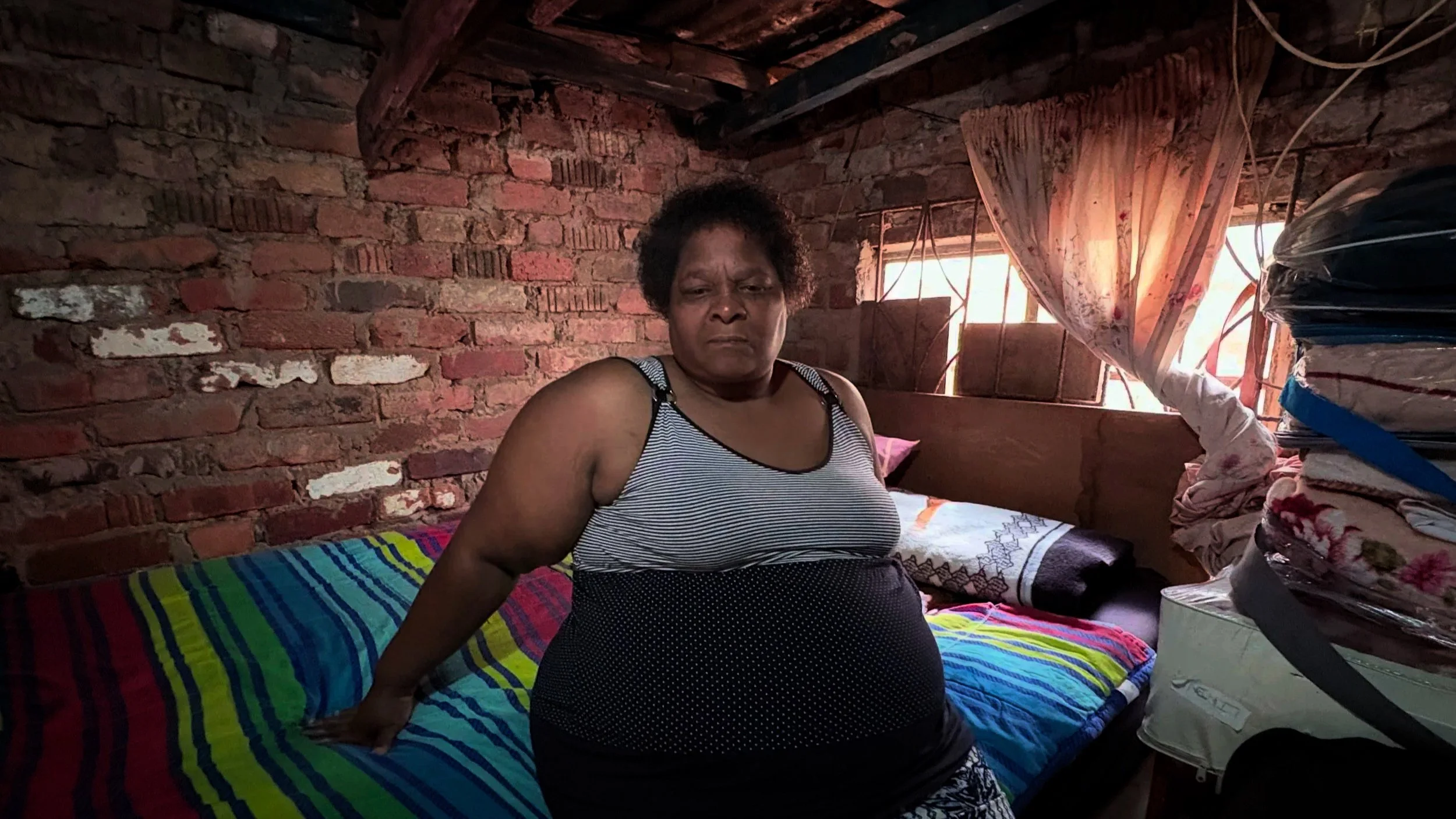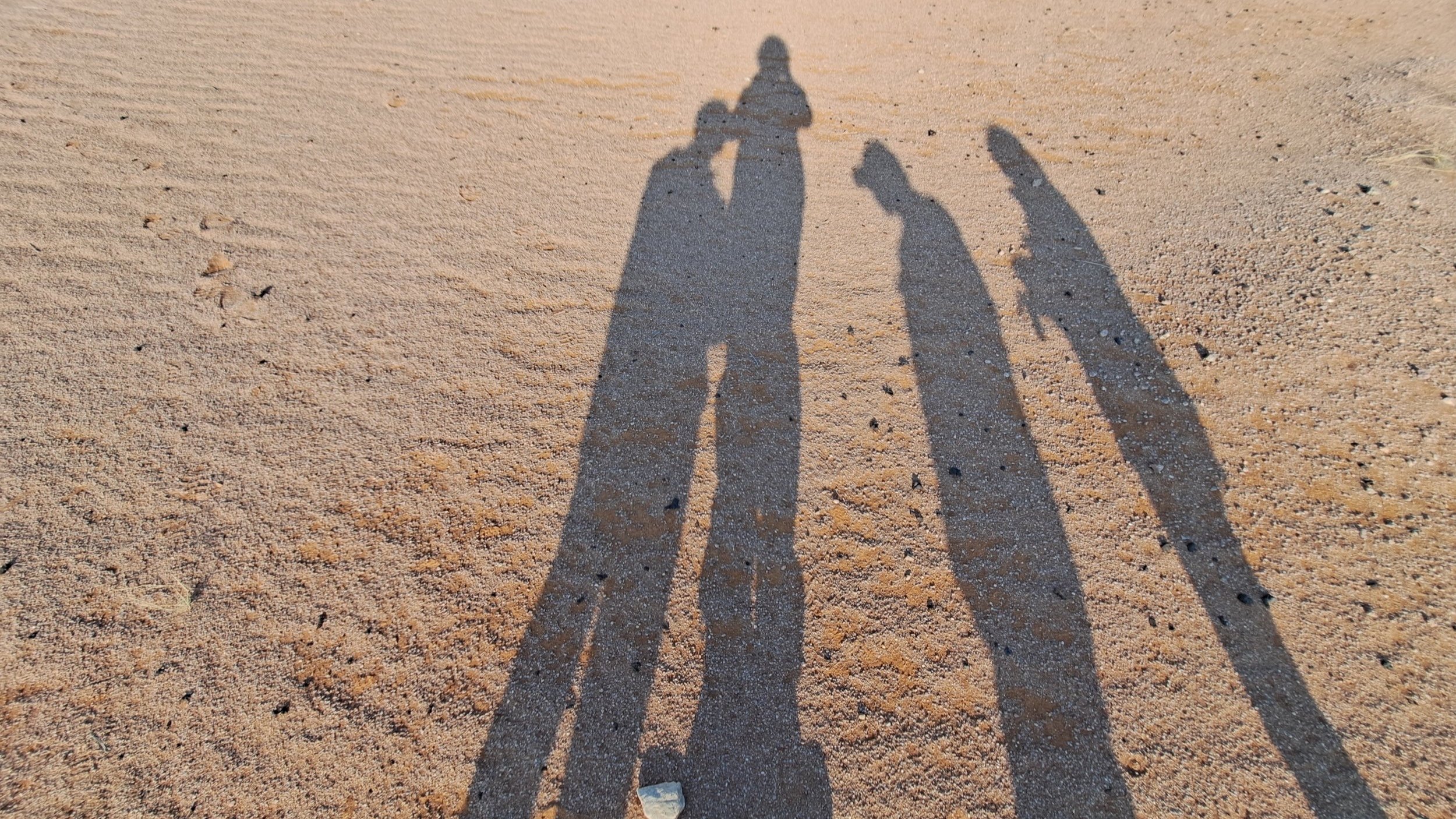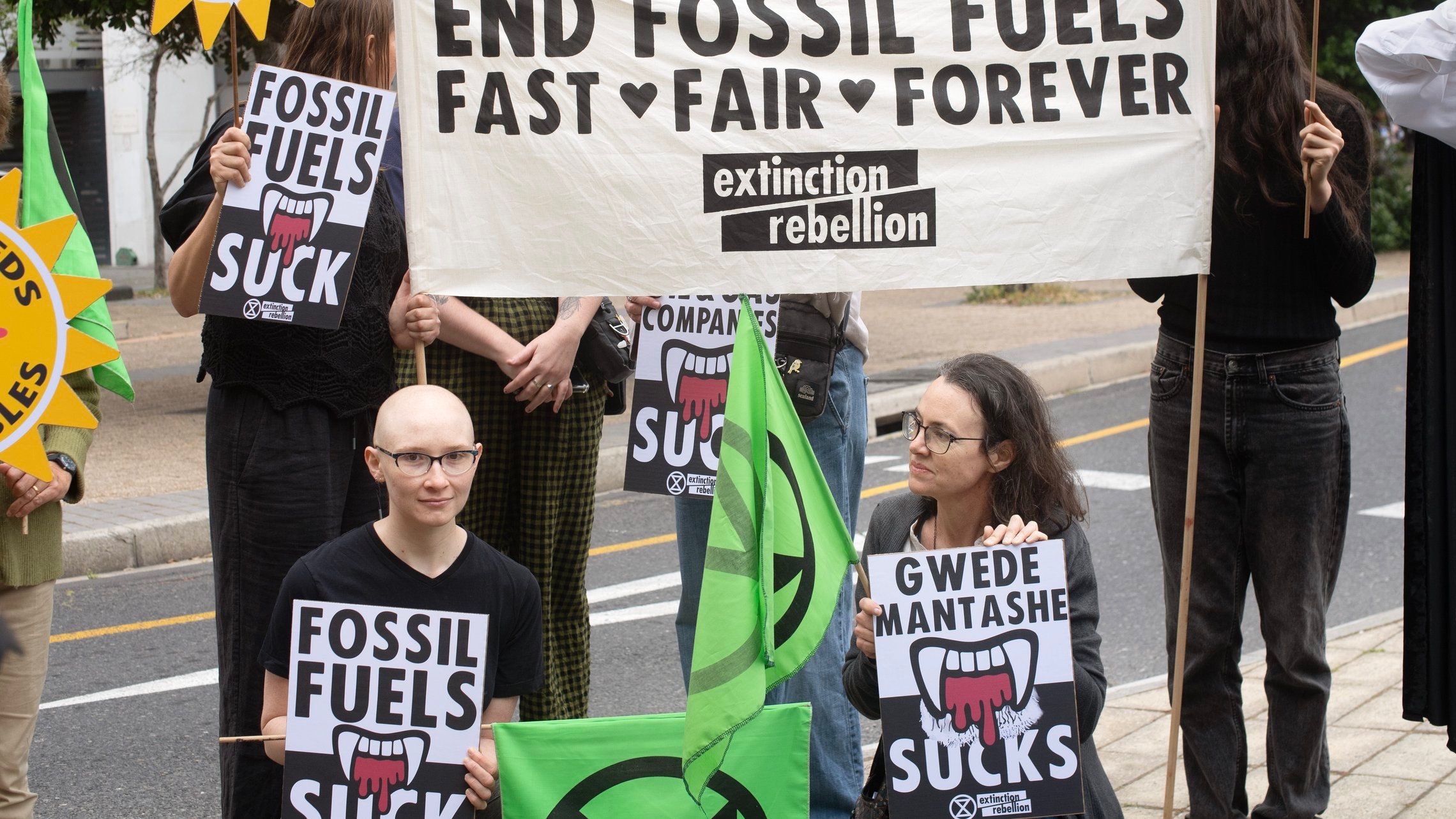CHAPTERS
Each chapter is a collection of stories arranged by place, region, or theme. Some chapters’ stories are published in a bundle at one time, others will be published ad hoc as the project unfolds.
Ch 1 DUST BOWL
The recent years-long drought may have tipped parts of the Northern Cape towards an irreversible dust bowl, following decades of heavy grazing and mining. Dust Bowl investigates the recent desertification trends in Namaqualand: the causes; the consequences to conservation and livelihoods; and who holds the power to make the region’s development decisions. Plant poaching also emerges as a grave new threat to the region’s rare succulent diversity.
Ch 2 GOLDEN THREADS
Lives depend on keeping Africa’s old-growth grasslands healthy. They feed our herds, they’re water factories, and they mop up carbon pollution from the atmosphere, which stabilises the climate around the globe. Protecting them from overuse, invasive trees, and increasingly volatile weather extremes calls for collaborations that straddle national borders, private fence lines and the boundaries of over-burdened commonages.
Ch 3 OIL SPILL
It’s like an oil spill, only it’s alive. It breathes, it thirsts, it eats, it breeds. It replicates itself over and over and over again. When pine, gum or wattle trees escape the domesticity of a mono crop timber plantation, they can easily run feral. Many have. Through the decades, these species have spilled over grasslands, clogged up wetlands, and collected in thick eddies in streams and along river banks.
Ch 4 RED ALERT
People who live in informal homes made of plywood or zinc sheets in shanty towns call them ikheji yenkukhu, because these shelters are like chicken coops. This is a place where livestock live, not people. Yet more than half of Africa’s city dwellers live in informal homes and neighbourhoods, and they get by remarkably well. Nevertheless, those forced to live in informal structures are particularly vulnerable to the impacts of extreme weather events: floods, urban fires, heat waves, and storms.
Ch 5 FIRST RESPONDERS
As extreme weather shocks escalate, society will need first responders in every shape and form. First Responders considers the need for disaster risk planning and first responders across scales: from community level volunteerism, to cross-national collaboration between Southern African Development Community (SADC) partners.
Ch 6 ‘WE, THE PEOPLE’
The opening lines of South Africa’s constitution — ‘We, the people’ — are the marrow in the bones of a sturdy democracy. The people will govern society collectively, by appointing an elected government. The democratic process calls for active, daily participation, not just showing up at the poling stations every five years. Here’s how citizens are doing it.
Storytelling is one of humanity’s oldest technologies. It’s how we’ve organised ourselves for the past 200,000 years: how we’ve share values, agreed on social norms, and passed on knowledge. We’ve used storytelling to beat the plough shear into sword, and sword into plough shear. We’ve wielded this technology for great good, and for terrible harm.
The Scribes visits the storytellers who are shaping how we reach social consensus around climate collapse and the many overlapping wicked problems society faces, and explores the notion of social tipping points to drive change.
Ch 7 THE SCRIBES
Ch 8 CANCER ALLEY
A gunshot wound to the head. A car bomb. A scandalous exposé of a politician’s malfeasance. These acts of ‘violence’ are immediately newsworthy. The ‘slow violence’ of environmental destruction is often less headline-grabbing, so it’s overlooked and under reported.
Marginalised communities are often in the fallout zone of the equally real violence of pollution linked with big industrial developments and climate collapse. Lower income families and people of colour often find themselves in these sacrifice zones. The harms they face are regarded by society as a justifiable price to pay for the common good. These communities are usually the least able to assert their needs and rights in an unequal society.
Ch 9 BE THE CHANGE
How can each of us act to change a system that’s so powerful and has so much momentum? To quote Yuval Noah Harari: join a movement, or start a movement. Here’s how we do it.









